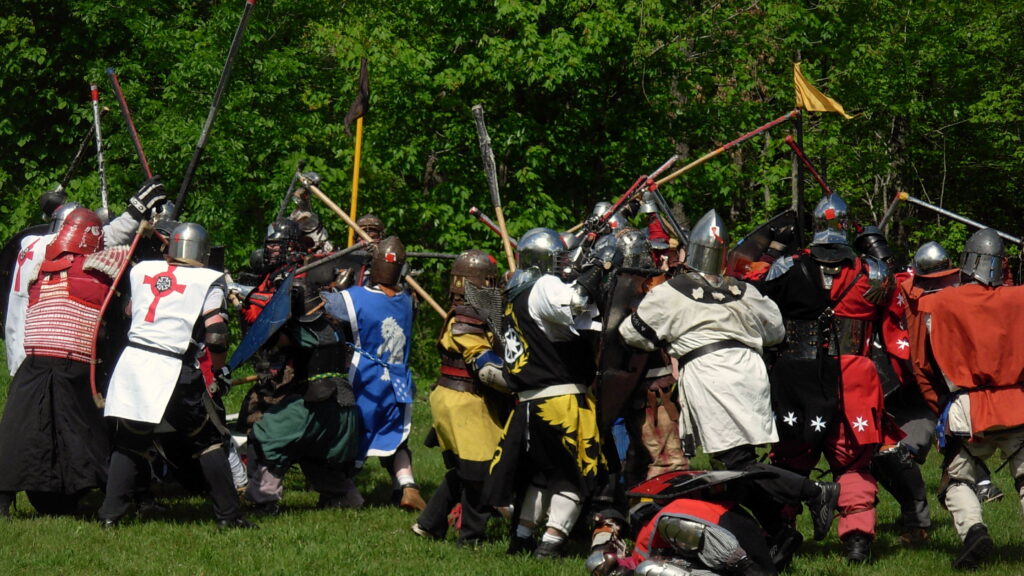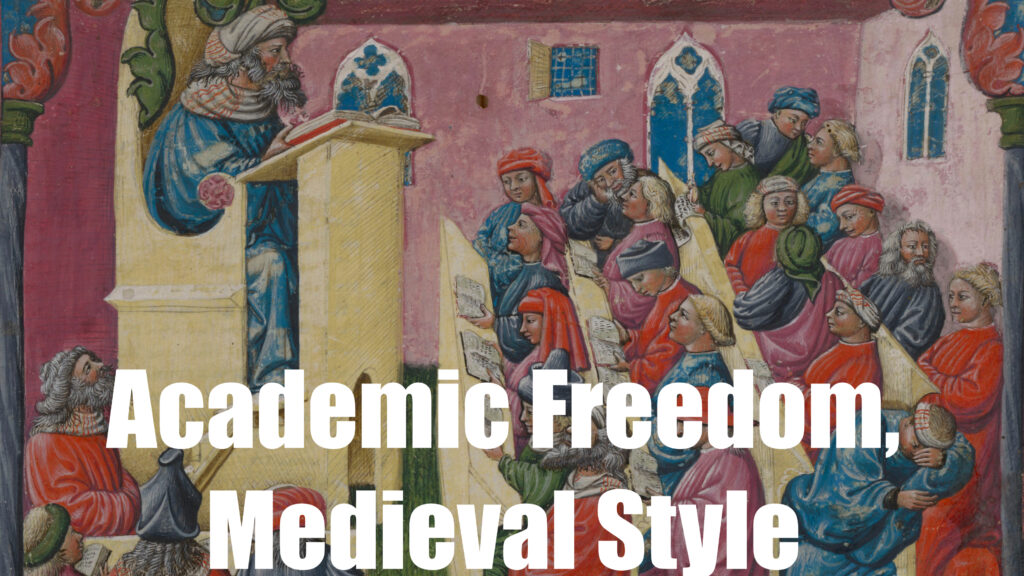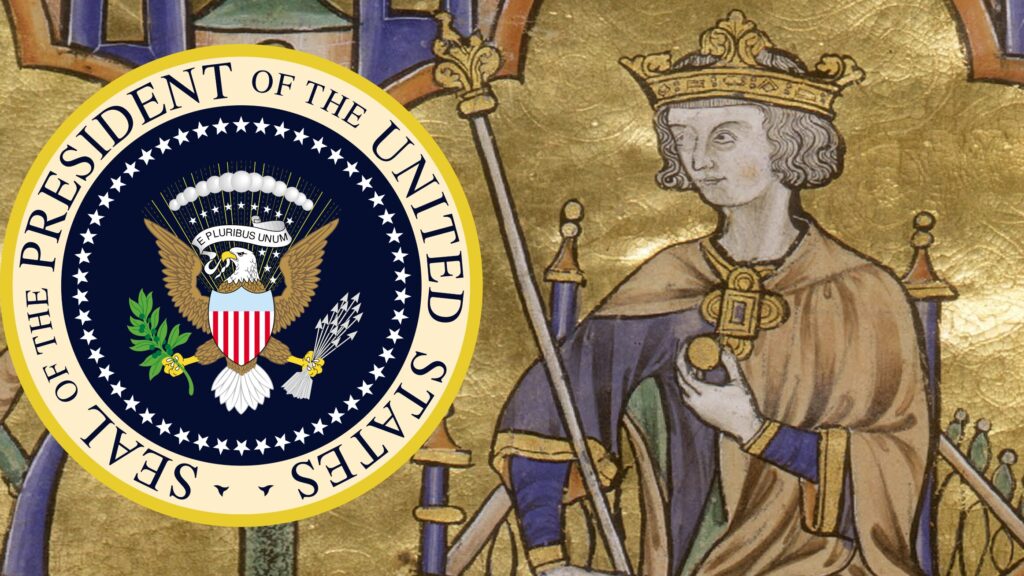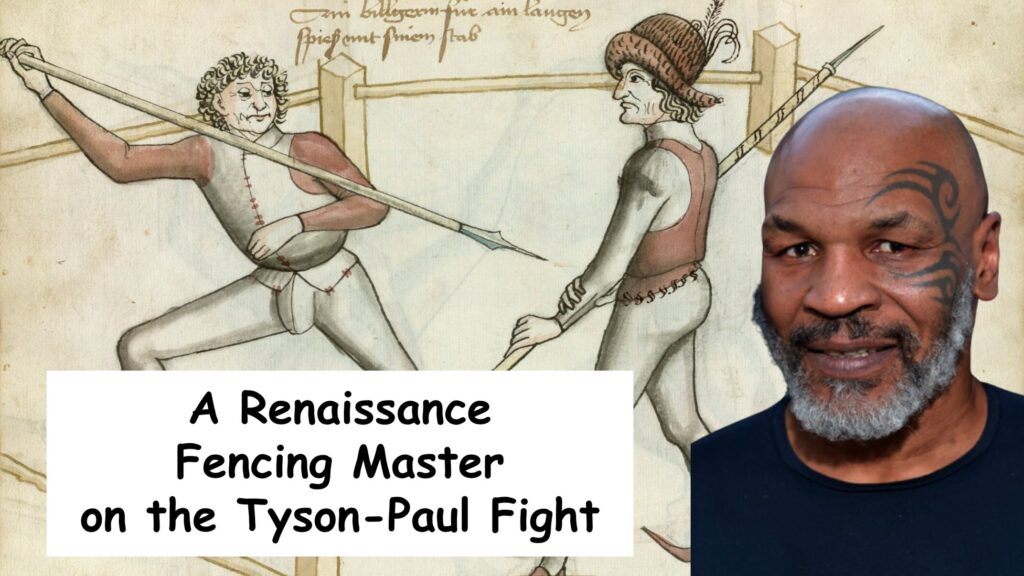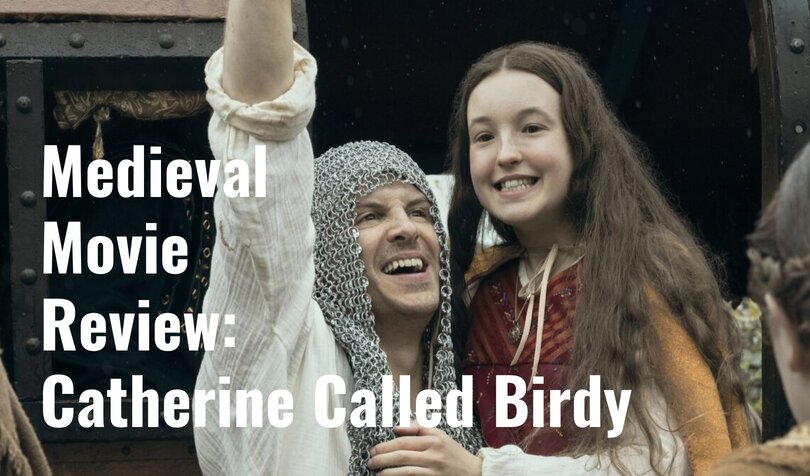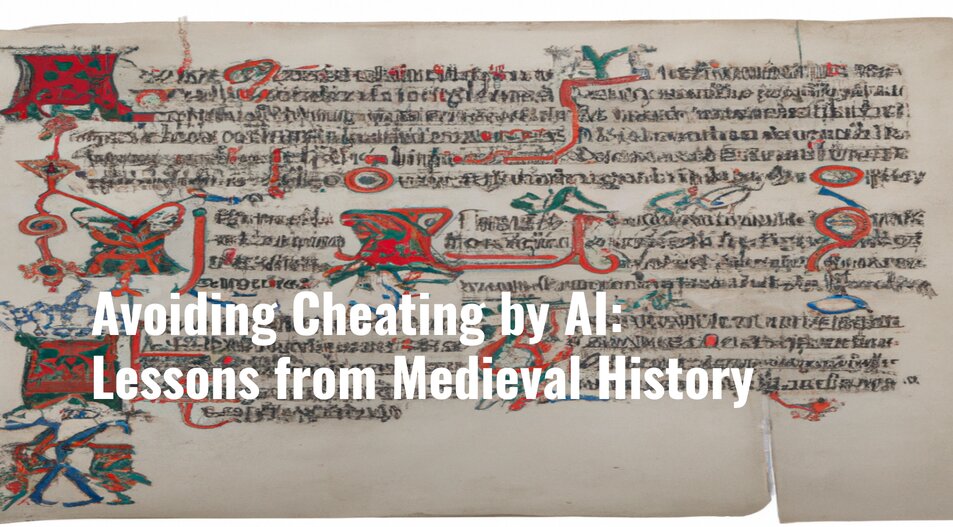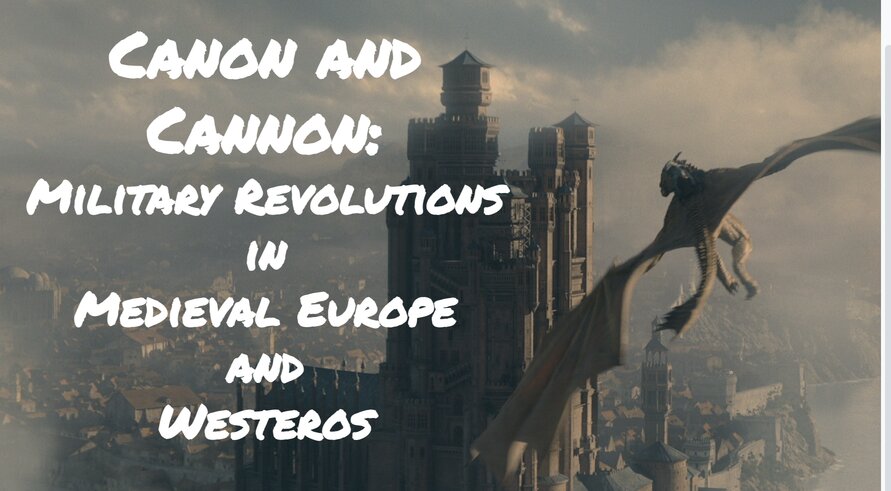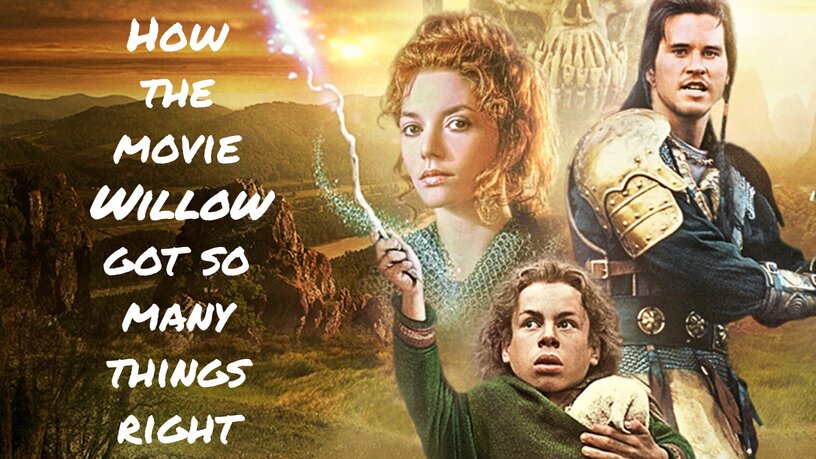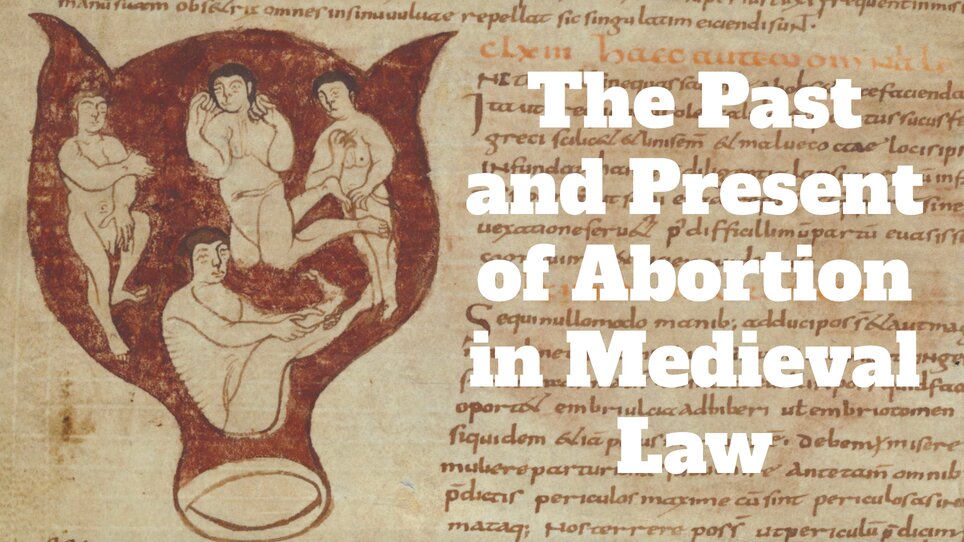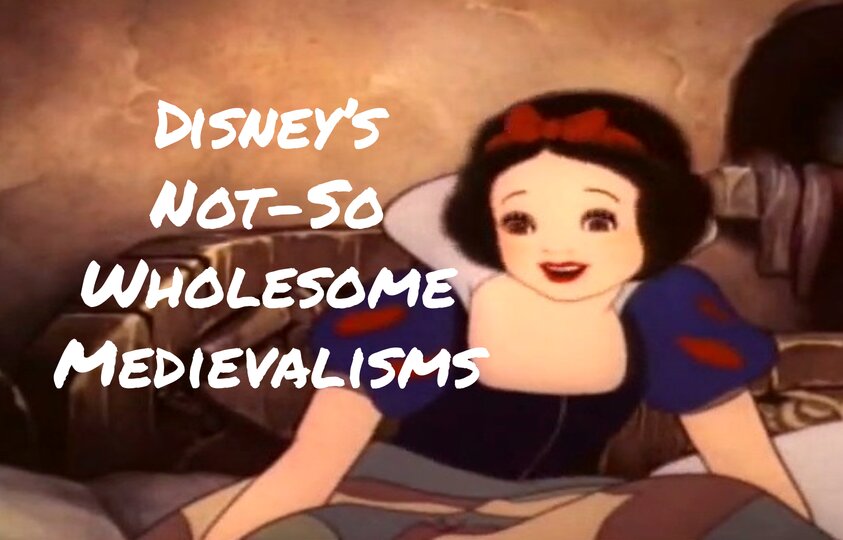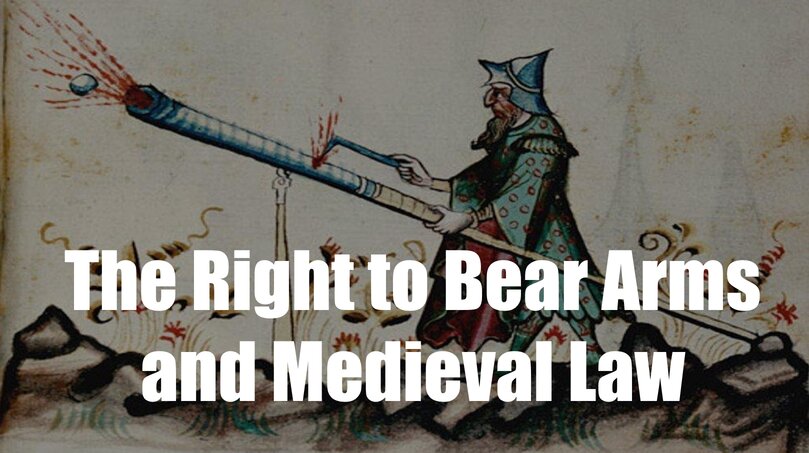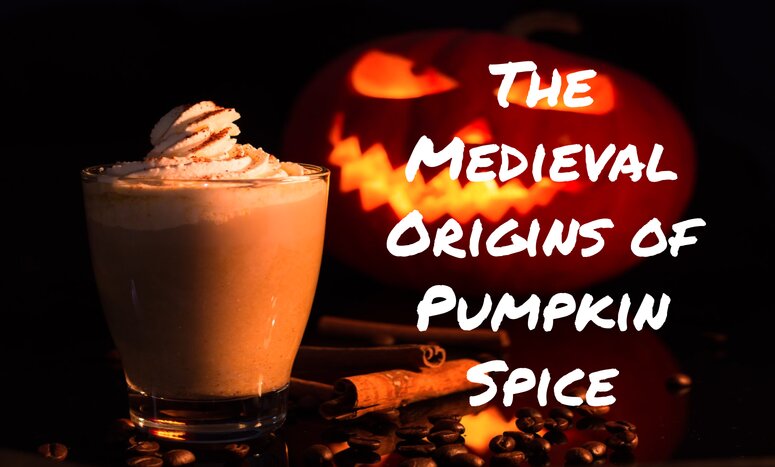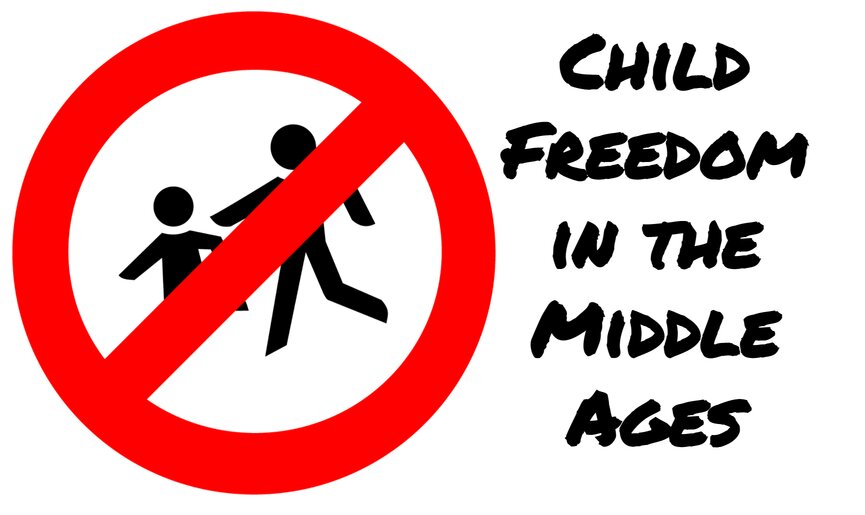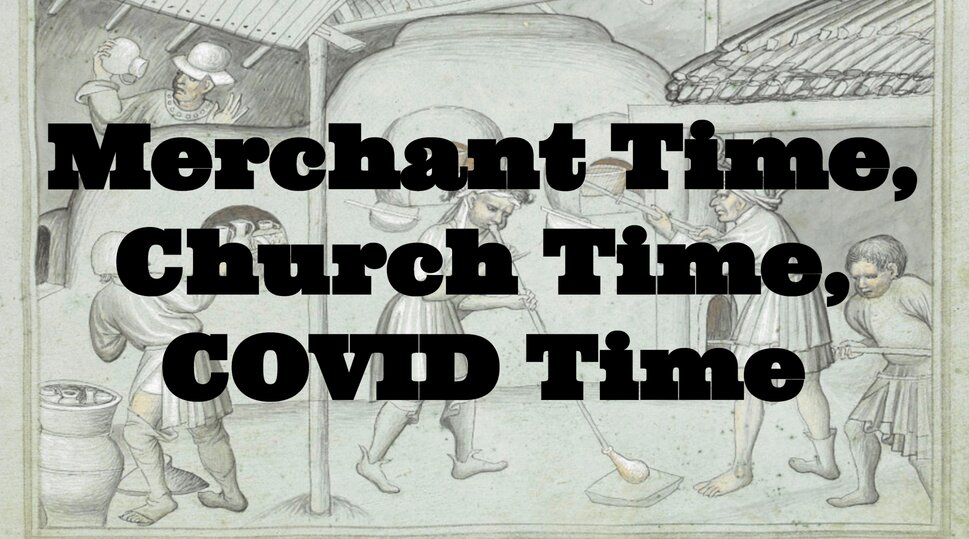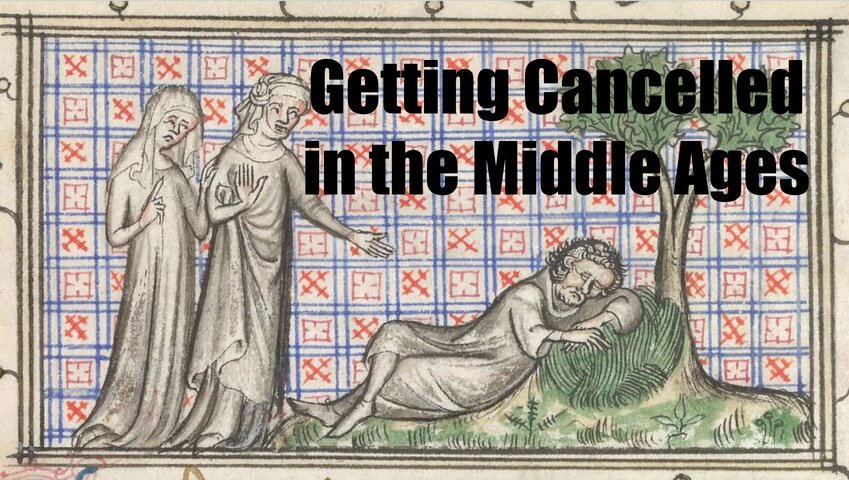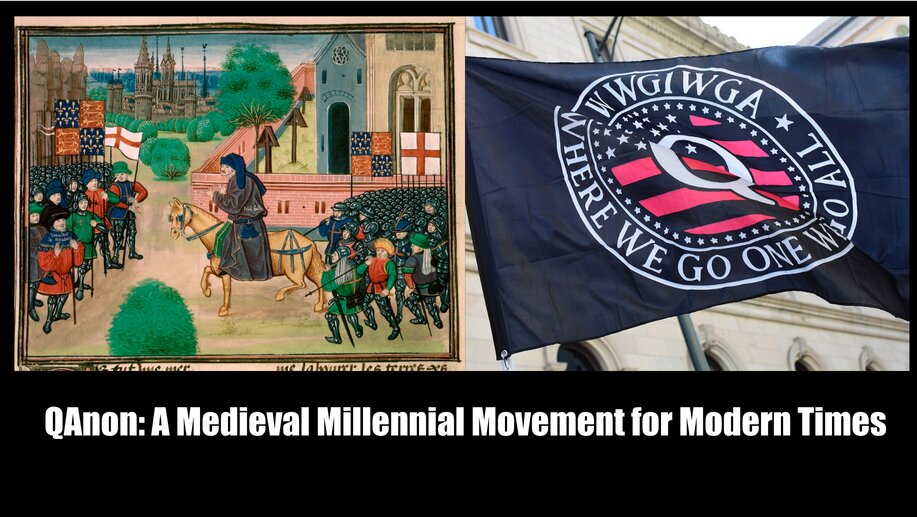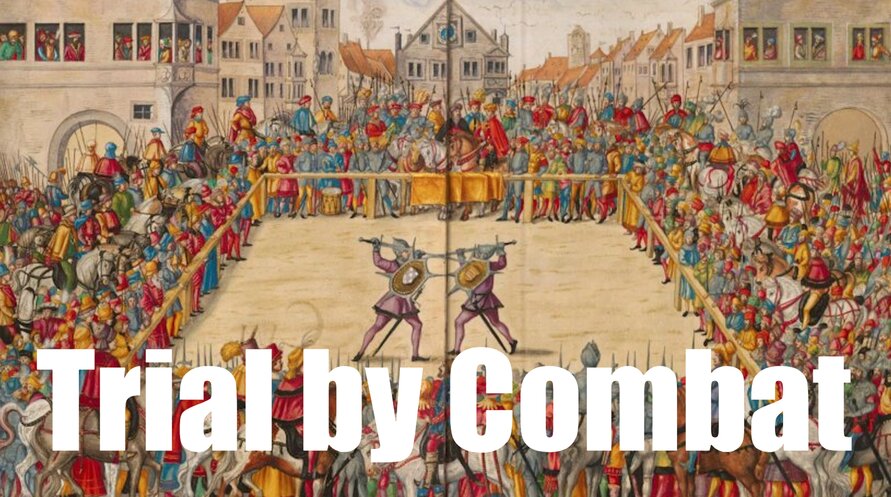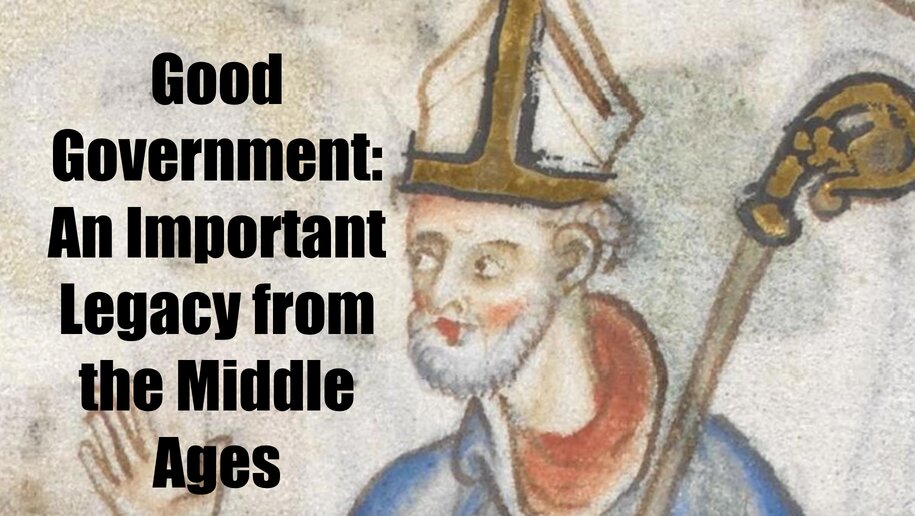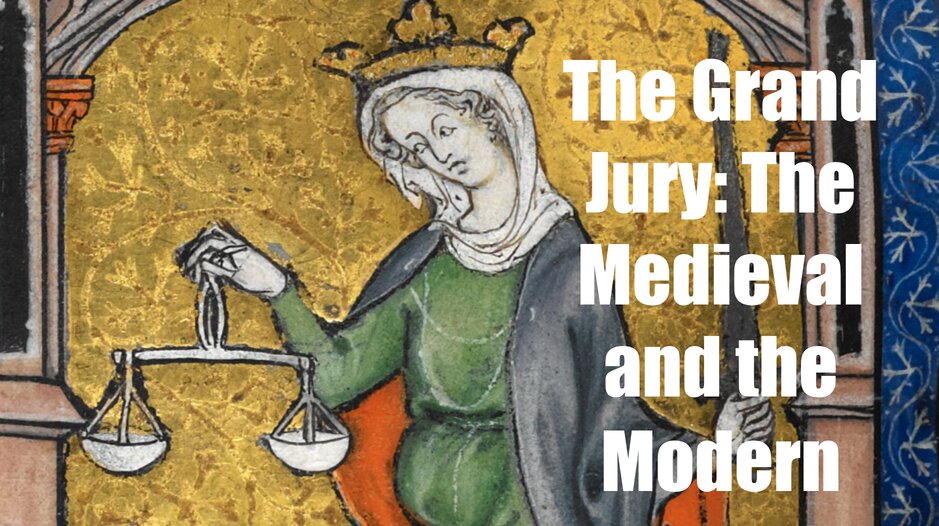Fencing with Exclusion: How Medievalists Are Defending Trans Inclusion in Sword Sports
After a fencing controversy sparked an American debate over transgender participation, medievalist communities like HEMA and the SCA are standing firm in support of inclusion and trans rights in sword sports.
Academic Freedom, Medieval Style (and What It Tells Us Today)
Medieval universities were hotbeds of privilege, power, and the occasional riot—where students could get away with murder and still be protected by the Church. Today’s academic freedom debates may seem new, but they echo centuries-old struggles over who controls knowledge.
Medieval Justice in the Modern Day: The ‘Social Bandit’
Two high-profile US criminal cases have some surprising similarities to medieval ideas of justice.
Medieval Justice in the Modern Day: The Pardon
If there seems to be something almost medieval about President Biden pardoning his wayward son Hunter, or Donald Trump promising to pardon the January 6 rioters, well… that’s because that particular prerogative originates with medieval kings.
A Renaissance Fencing Master on the Tyson-Paul Fight
Can age and experience triumph over youth and raw strength in combat sports? Drawing on wisdom from Renaissance fencing masters and modern martial arts, this article explores how the Mike Tyson-Jake Paul fight mirrors centuries-old debates on the limits of athleticism and honour.
Medieval Movie Review: Catherine Called Birdy
Though plagued with some inaccuracies, and one atrocious plot decision, Lena Dunham’s Catherine Called Birdy is a direction in which films about the Middle Ages ought to go.
Avoiding Cheating by AI: Lessons from Medieval History
A look at OpenAI’s ChatGPT and how teachers in medieval studies can prevent their students from using it.
Society for Creative Anachronism Rules Australia/New Zealand Branch Must Continue to Choose Leadership by Combat
Should the SCA be choosing its ‘kings’ and ‘queens’ through combat?
What’s Good about The Rings of Power Season 1
The first season of The Lord of the Rings: The Rings of Power both moves away and stays close to Tolkien’s words in ways that make the series better.
Badgering on Mushroom: Historiography and Outsiders in House of the Dragon
In adapting Fire and Blood into House of the Dragon, the showrunners have left out one important character. It’s a case where art imitates history.
Canon and Cannon: Military Revolutions in Medieval Europe and Westeros
Dragons in Westeros parallel the development of real-world warfare—and also provide a realistic explanation of the perpetually medieval setting of George R. R. Martin’s fantasy world.
How the movie Willow got so many things right
It’s an excellent time to revisit one of my all-time favorite ‘80s swords-and-sorcery films: 1988’s Willow, starring Warwick Davis as the titular character.
The Past and Present of Abortion in Medieval Law
Abortion is once again in the spotlight in the United States, as its Supreme Court is set to uphold a law limiting this right. How do medieval laws and views on abortion play a role in this issue?
Disney’s Not-So Wholesome Medievalisms
Disney’s work has never been value-neutral … and some of the messages it conveyed in the past, and of the past, were downright toxic.
The Russo-Ukrainian War and the Medievalist Community
The Russian invasion of Ukraine is having repercussions all through the medieval Internet.
Cryptocurrency and Medieval Monetary Theory
The state of affairs in late medieval France—also a time of inflation and economic uncertainty—has much to tell us about the digital economy.
The Right to Bear Arms and Medieval Law
Medieval history is once again in the news thanks to a Supreme Court case concerning New York State’s policy towards concealed-carry permits
The Medieval Origins of Pumpkin Spice
In a very real way, the Age of Exploration was fueled by the desire… for pumpkin spice.
Child Freedom in the Middle Ages
Were there any intellectual arguments against having children in the Middle Ages, and were there medieval equivalents to “childfree” individuals?
Merchant Time, Church Time, COVID Time
As the pandemic comes rolling into its final phases, we need to ask the question: Will we ever use time in the same way again?
Getting Cancelled in the Middle Ages
In the Middle Ages, when there was little idea of diversity of thought or acceptance of difference, and when governments were relatively weak, the court of public opinion was an effective means of ensuring group cohesion.
QAnon: A Medieval Millennial Movement for Modern Times
A look at QAnon as a millennial movement – one of many that have sprung up since the Middle Ages.
Trial by Combat: Medieval and Modern
The medieval idea of fighting a duel to determine who is right is one that has some appeal even in the modern-day.
Good Government: An Important Legacy from the Middle Ages
Corruption, especially in government, is an age-old problem. How did people in the Middle Ages try to solve it?
The Grand Jury: The Medieval and the Modern
What is a grand jury, and how did this institution—originally designed as a check to rampant, unjust state power—come under the dominion of prosecutors and police?
